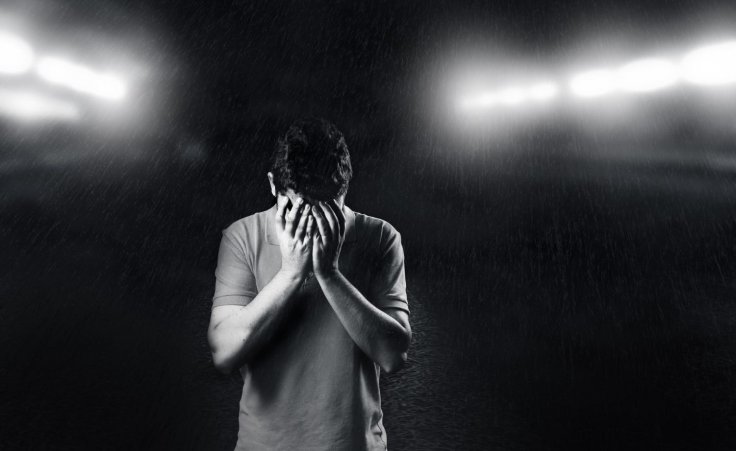College students were more anxious and depressed during the initial phase of COVID-19 compared with similar periods in previous academic years. The study, published in the Journal of Medical Internet Research, found that sedentary behavior increased dramatically during the onset of the public health crisis in early March.
For the study, the research team used a mix of smartphone sensing and digital questionnaires from more than 200 student participants of a research program that tracks mental health throughout the undergraduate years.
"COVID-19 had an immediate negative impact on the emotional well-being of the college students, we studied," said researcher Jeremy Huckins from the Dartmouth College in the US. "We observed a large-scale shift in mental health and behavior compared with the observed baseline established for this group over previous years," Huckins said.

Analyzing Behavioral Information
The study used StudentLife, a sensing app developed at Dartmouth, to collect information from student volunteers. StudentLife collects behavioral information from user's smartphones, such as duration of phone usage, a number of phones unlocks, sleep duration, and sedentary time. Data on depression and anxiety were collected using weekly, self-reported assessments also administered through the StudentLife.
According to the researchers, self-reported symptoms of depression and anxiety within the student research group spiked noticeably at the onset of COVID-19. The anxiety and depression decreased slightly after the final examinations as students settled into shelter-in-place locations.
It suggested some resilience in the face of COVID-19, but levels remained consistently higher than similar periods in previous academic terms. Unlike previous terms, the sedentary time increased dramatically during this year's Spring break.
A Link Between COVID-19 News And Anxiety
In the research, the team also reported a connection between anxiety and COVID-19 news coverage. The link between depression and news reporting was apparent, but not as strong. As news coverage intensified, there was an increase in sedentary behavior and a longer duration of phone usage.
"It's the first time we have used sensor data from phones to get unique behavioral insights into the reaction of students to the onset of the pandemic on a campus," said study author Andrew Campbell.
"We plan to further analyze how these students adjusted both physically and mentally during remote learning that leads on from this study," Campbell said. Recently, another study, published in the journal CMAJ, revealed that children and young people were experiencing indirect adverse effects of the pandemic on their mental and physical health.









